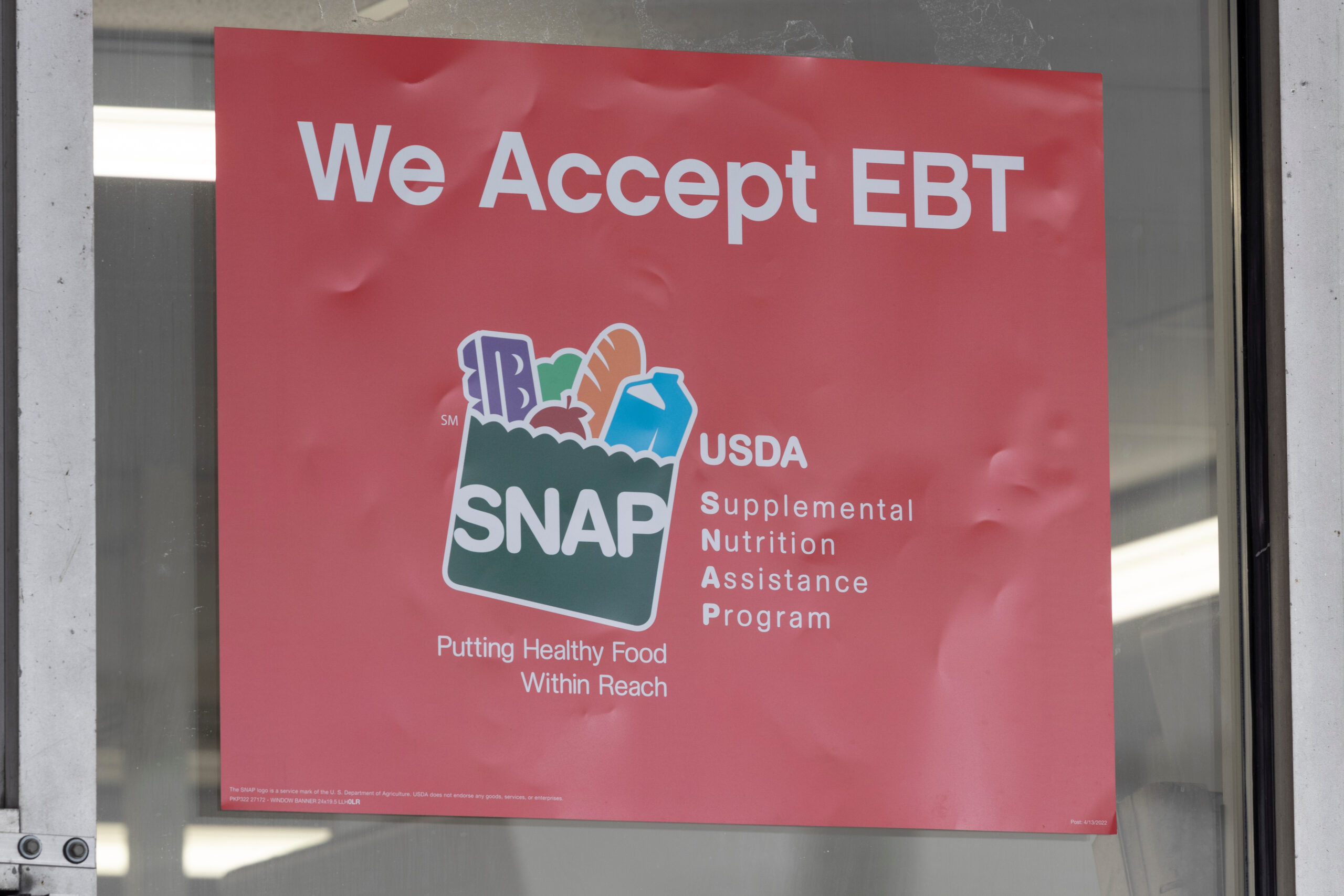
February 4, 2025
Snip, Snip: Spending Cuts Are Coming
Republicans’ agenda of cutting taxes and increasing spending on their policy priorities depends significantly on identifying productive spending reductions. But just cutting spending will not be enough. Republicans must also explain how their tax and spending cuts will result in better outcomes for all Americans. The federal debt has exploded to $36 trillion and annual…

February 3, 2025
Legislators Want to Give Tens of Millions of Free Lunches to Students Who Don’t Need Them
Wisconsin state legislators recently introduced a series of bills to help working families across the state. Among these proposals is one that calls for providing free breakfast and lunch for all schoolchildren. At first glance, the initiative seems straightforward and compassionate — after all, who would oppose ensuring children have enough to eat? However, a closer look…

January 30, 2025
Eliminating the Benefit Cliff and Achieving Savings for Taxpayers: A Reform Proposal for the Supplemental Nutrition Assistance Program
Key Points Read the PDF

January 24, 2025
The Targeting of Place-Based Policies: The New Markets Tax Credit Versus Opportunity Zones
Abstract For a place-based policy to succeed, it must target the right areas—typically those with lower economic development and resident well-being. The U.S. has two major place-based tax policies: the New Markets Tax Credit (NMTC), where government-approved entities select investments, and Opportunity Zones (OZs), where private investors choose projects. Despite underlying design differences, both target…

January 21, 2025
President Trump’s USDA Should Fix Food Stamp Work Requirement Waivers
As President Donald Trump begins his second term, he and his administration will be exploring ways to improve government efficiency and economic outcomes for low-income Americans. One such policy—a 2019 regulation governing states’ use of waivers to the Supplemental Nutrition Assistance Program’s (SNAP) work requirement—does just that. Although the regulation was never implemented after being…

January 17, 2025
Reforming Work Requirement Waivers in SNAP

January 7, 2025
Tax Policy Should Prioritize Shoring Up the Family
During the Biden years, tax policy related to the family revolved around the child tax credit (CTC). Attempts to expand the credit to make it easier for two-parent families to have kids and rely on a sole breadwinner were thwarted by objections that a child allowance would also promote single-parent families in which no one…

January 3, 2025
Thanks, Joe Manchin
During transitions of power, it’s easy to fixate on a new administration’s nominees and legislative agenda while losing sight of those exiting the political stage. But as the new Congress begins today, we shouldn’t ignore the significant contributions of outgoing Senator Joe Manchin (I., W.Va.), a stalwart advocate of work over welfare dependency — even when…

December 31, 2024
Farewell, President Stimulus
When it comes to stimulus, President Joe Biden has carved out a signature spot in American history. From his role as “sheriff” overseeing Democrats’ massive 2009 stimulus law to signing an even bigger stimulus bill as president in 2021, Biden is more closely associated with partisan stimulus policy than any other politician. And the disastrous political consequences of…

December 30, 2024
Coverage, Counter-cyclicality and Targeting of Work Requirement Waivers in the Supplemental Nutrition Assistance Program
Abstract Non-disabled, working age adults without children are required to work 20 hours per week in order to maintain eligibility for the Supplemental Nutrition Assistance Program. However, states may waive the work requirement for areas that meet conditions reflective of a weak labor market. We construct a dataset with the waiver status of each United…